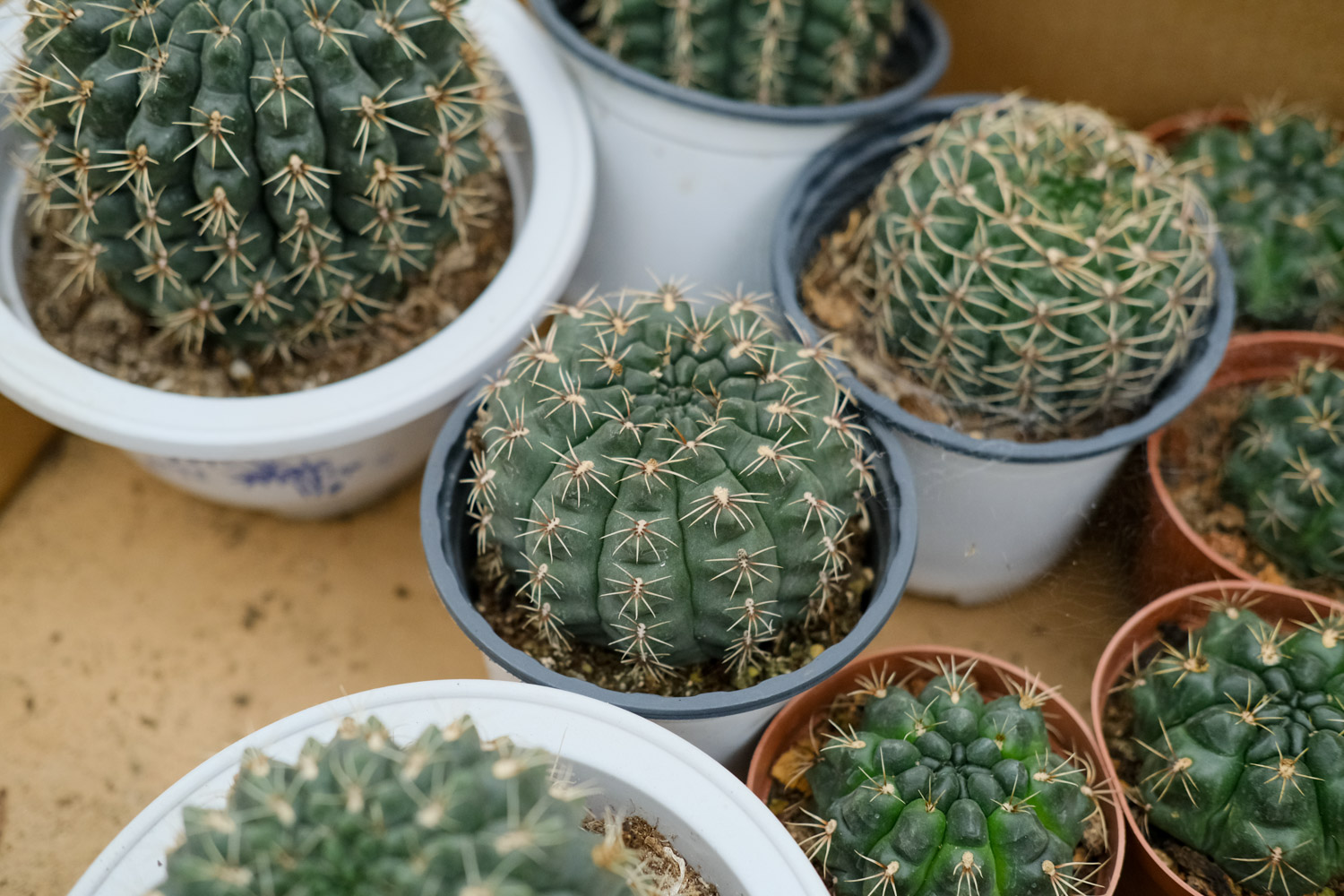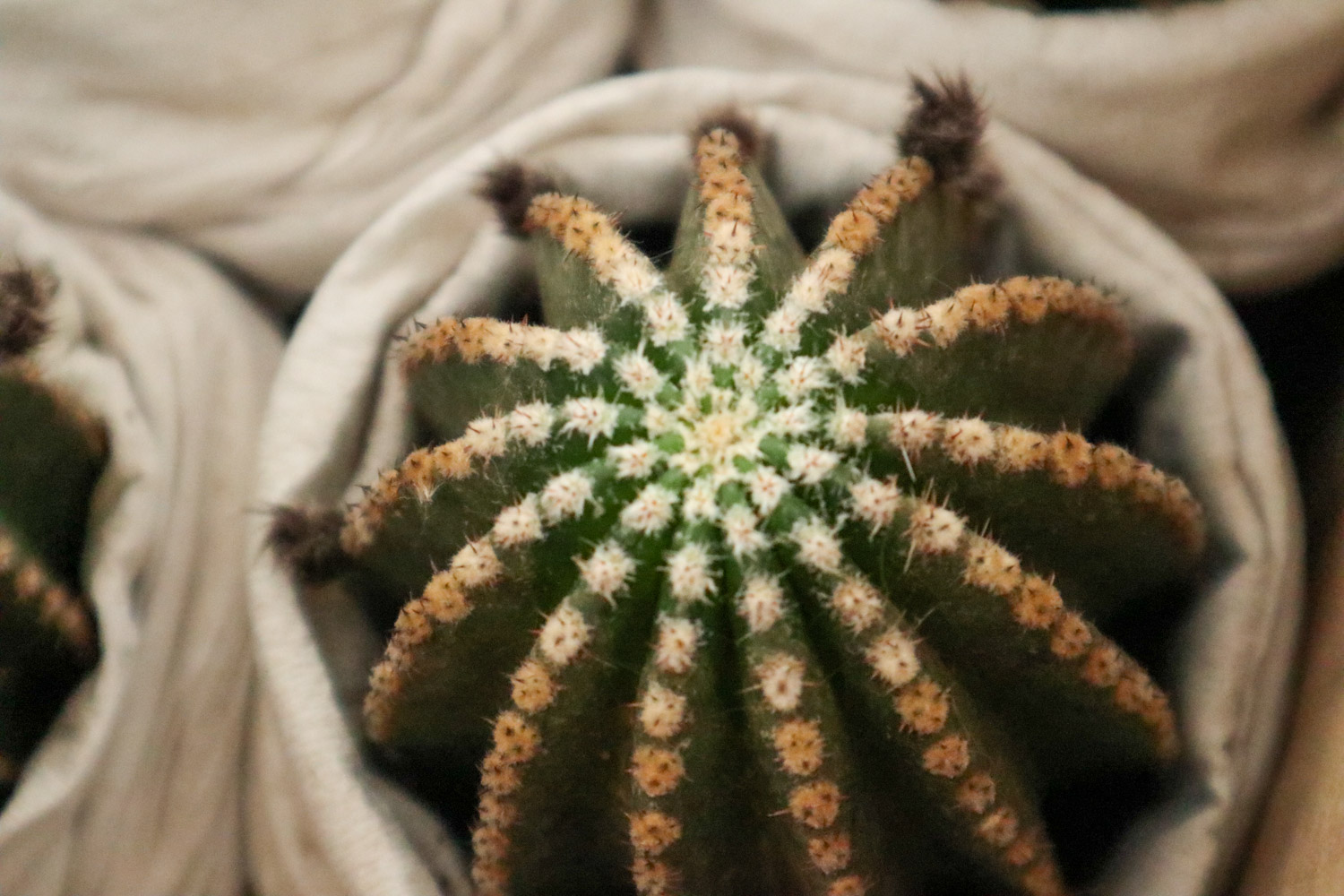1、 Excessive watering
Reason: cactus is a pulpy plant, which is particularly drought resistant. If too much watering causes soil ponding, it is easy to lead to root rot, which is manifested in the shrinkage of folds at the bottom of cactus. In serious cases, it will also cause cactus rot
Solution: if you feel that the basin soil is wet, dig out the cactus and check the root system. If there is any rotten part, remove it in time. After the wound is wiped with Carbendazim and dried, replant it in the moist soil. The flowerpot planted should not be too large. Use a breathable tile pot

2、 The temperature is too low
Reason: Cactus likes warmth and is afraid of cold. In winter, it is best to ensure that the curing temperature is above 10 ℃, and watering should be reduced if it is lower than 10 ℃. If the temperature is lower than 0 ℃, the cactus is easy to be frostbitten, which is manifested in the yellow spots on the sphere and the folds and atrophy at the bottom of the plant
Solution: avoid applying nitrogen fertilizer in late autumn and apply more phosphorus and potassium fertilizer to improve the frost resistance of cactus; Put the cactus in the heating room in winter, but keep away from heating and geothermal; Open a plastic bag for ventilation during the day

3、 Sun exposure
Reason: Although the cactus is a pulpy plant and likes the sun, it should be properly shielded from the hot sun in summer. Long term exposure will cause rapid loss of soil moisture, resulting in wrinkles and shrinkage at the bottom of the cactus. Sudden exposure is also easy to sunburn the plant's sphere
Solution: the main thing to prevent is the exposure in summer. You can set up a shading net above the plant to block part of the light; Or move the cactus to the East balcony and only bask in the relatively soft light in the morning


 how many times do yo...
how many times do yo... how many planted tre...
how many planted tre... how many pine trees ...
how many pine trees ... how many pecan trees...
how many pecan trees... how many plants comp...
how many plants comp... how many plants can ...
how many plants can ... how many plants and ...
how many plants and ... how many pepper plan...
how many pepper plan...

























